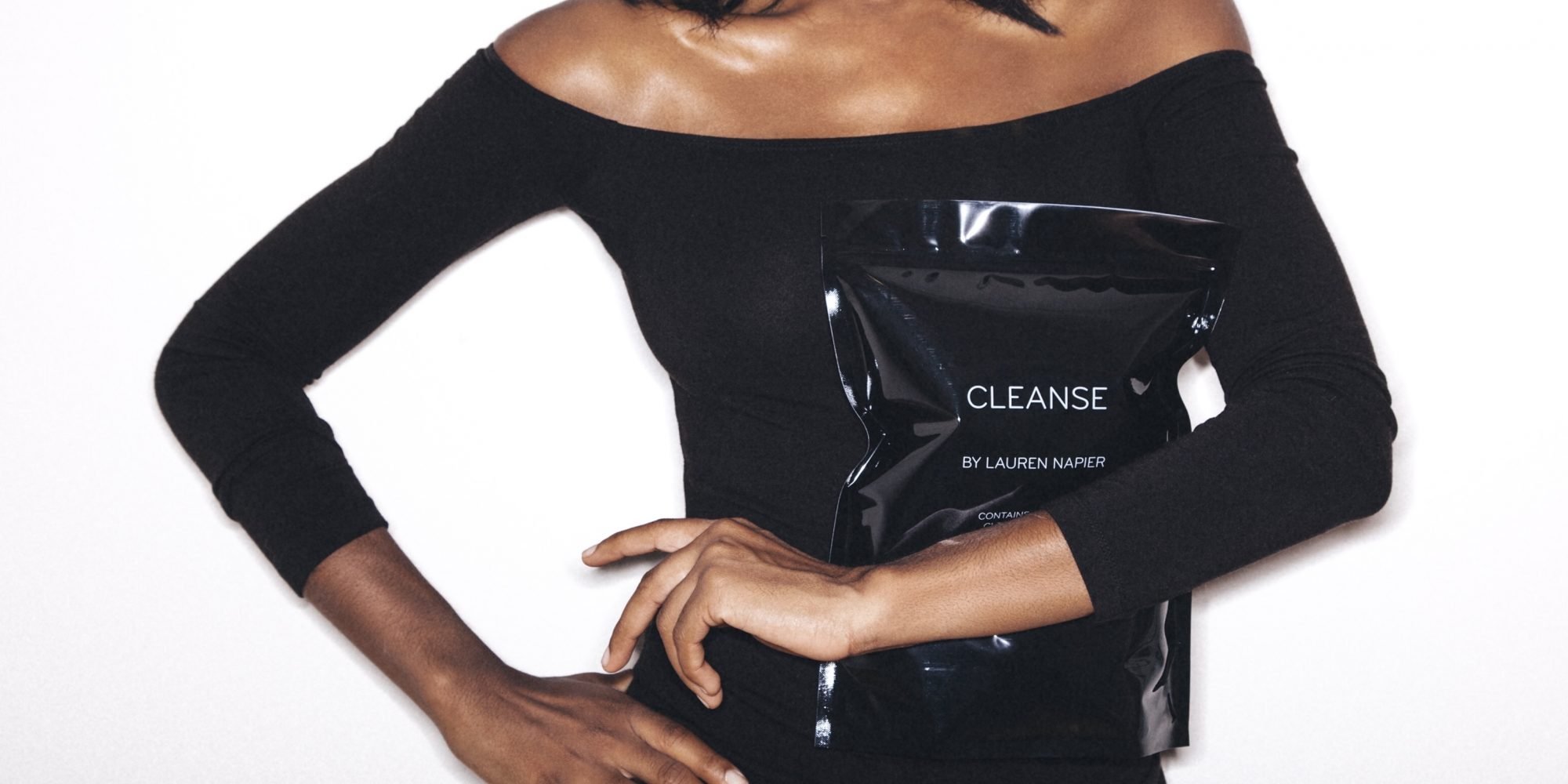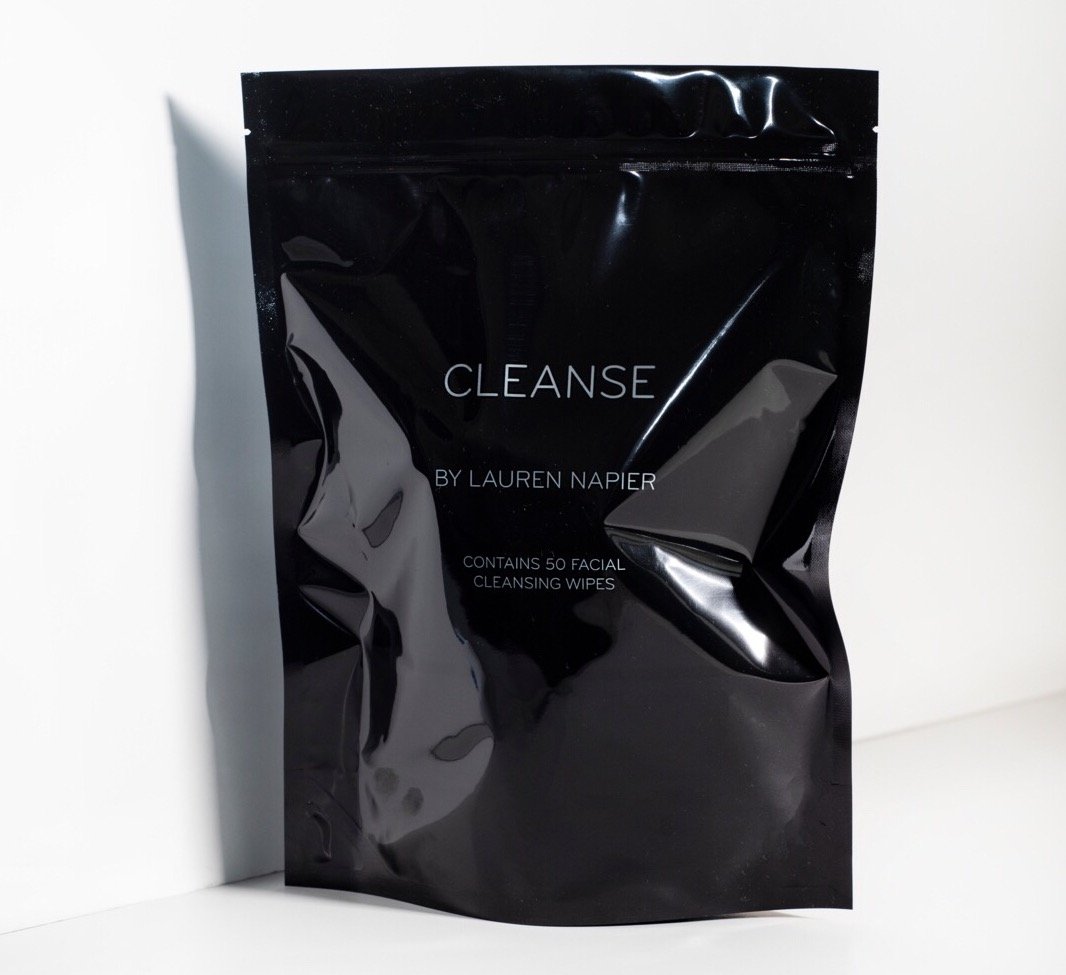
Lauren Napier Is Sick And Tired Of Her Brand’s Lack Of Instagram Visibility—And She’s Doing Something About It
Over the last month, Lauren Napier’s namesake brand has experienced a dramatic drop in engagement on Instagram—and she’s completely fed up.
“Why? We don’t know. Can we fix it? Well there’s no point of communication at Instagram/Facebook with a desire to assist with this matter. There is no transparency and there is really no policy,” she wrote in a post about her Instagram account being seen by a mere 1.8% of its 22,400 followers or 413 people during a recent week. “I (an emerging brand with a ‘business account’) am literally shouting into a void. I remain frustrated, but I’m no longer curious—I’m over it. I know when to leave the party.”
Lauren Napier Beauty is scaling down its Instagram activity considerably by posting a few times a week rather than multiple times a day. It’s not the only brand stepping on the social media brakes. Last year, as controversy over Cambridge Analytica’s misuse of Facebook data raged, companies and celebrities such as Kensington Apothecary, Tesla, SpaceX, Mozilla and Cher moved away from Facebook, although many appear to have gravitated back to it. In April, bath and body specialist Lush dropped a bomb that wasn’t bath-related when it announced it closed a slew of Instagram, Facebook and Twitter accounts in United Kingdom.
“Increasingly, social media is making it harder and harder for us to talk to each other directly. We are tired of fighting with algorithms, and we do not want to pay to appear in your newsfeed,” said Lush about its social media slowdown. “So we’ve decided it’s time to bid farewell to some of our social channels and open up the conversation between you and us instead.”
https://www.instagram.com/p/ByfXBOklfgK/
Ditching social media is easier for large brands like Lush with multiple vehicles for communication with customers and bigger stockpiles of cash to burn on campaigns than small brands with extremely limited bandwidth and resources. That small brands are departing or thinking of departing Instagram, which boasts over a billion active monthly users, shows the severity of their dissatisfaction over algorithm changes believed to prioritize posts from friends over unpaid business posts. They contend they’re becoming hidden on Instagram and, as a result, their sales have been hurt. Brands feel they have to pony up for ads or be left out.
“I got frustrated because it’s now pay to play, and you’re paying for visibility,” says Napier. “If I’m going to continue to advertise, I’ll go back to traditional advertising and more traditional PR because of the lack of transparency when it comes to social media. You don’t know what you’re going to get, and you also don’t necessarily know what the reporting is. There’s no real way to substantiate it.” Her plan is to ramp up Lauren Napier Beauty’s website, event attendance, pop-ups, in-house public relations efforts and email marketing to spread the word about her brand.
Napier would be more comfortable posting frequently on Instagram if she understood how the social media network’s algorithm shifts impact her brand’s presence on it. She’s gotten in touch with Instagram and Instagram owner Facebook, and had in-person meetings at Instagram’s headquarters, but hasn’t received clarity. Napier says, “There’s no real point of contact. When you’re spending money somewhere, no matter what the dollar amount is, you should be able to reach out and ask where your money’s going…You’ve got to be able to get hard numbers and real-time information, and you just don’t have that.”
https://www.instagram.com/p/Bv_F76GFOZw/
Lush and Lauren Napier Beauty aren’t likely to instigate a massive business backlash against Instagram. The risks to brands of the losing the exposure and possible revenues they garner from Intsagram are simply too great. Taylor Rohwedder, co-founder of digital marketing firm Wimze, says, “I’ve always believed in respecting the traditional marketing funnel and Instagram’s place in that funnel in order to get the most out of the platform. Beauty consumers use Instagram to discover and vet brands.”
Kensington Apothecary learned a tough lesson about the challenges of exiting a social media platform. After joining the #DeleteFacebook movement in March 2018 and pulling away from Facebook, the emerging beauty brand has reluctantly returned to it.
“It became impossible for us to generate enough ongoing attention for our products through conventional media,” says Kensington Apothecary CEO and founder Claudia Carey Batz. “We’ve had some great synchronicity with our Pinterest audience recently and hope to migrate more of our marketing efforts in that direction. Still, I think the advent of social media and Facebook in particular made it amazingly possible for emerging indie natural brands like mine to find an audience. It is easy to take that for granted until you try to go it alone without. So, here we are again, trying to figure it out.”






Leave a Reply
You must be logged in to post a comment.